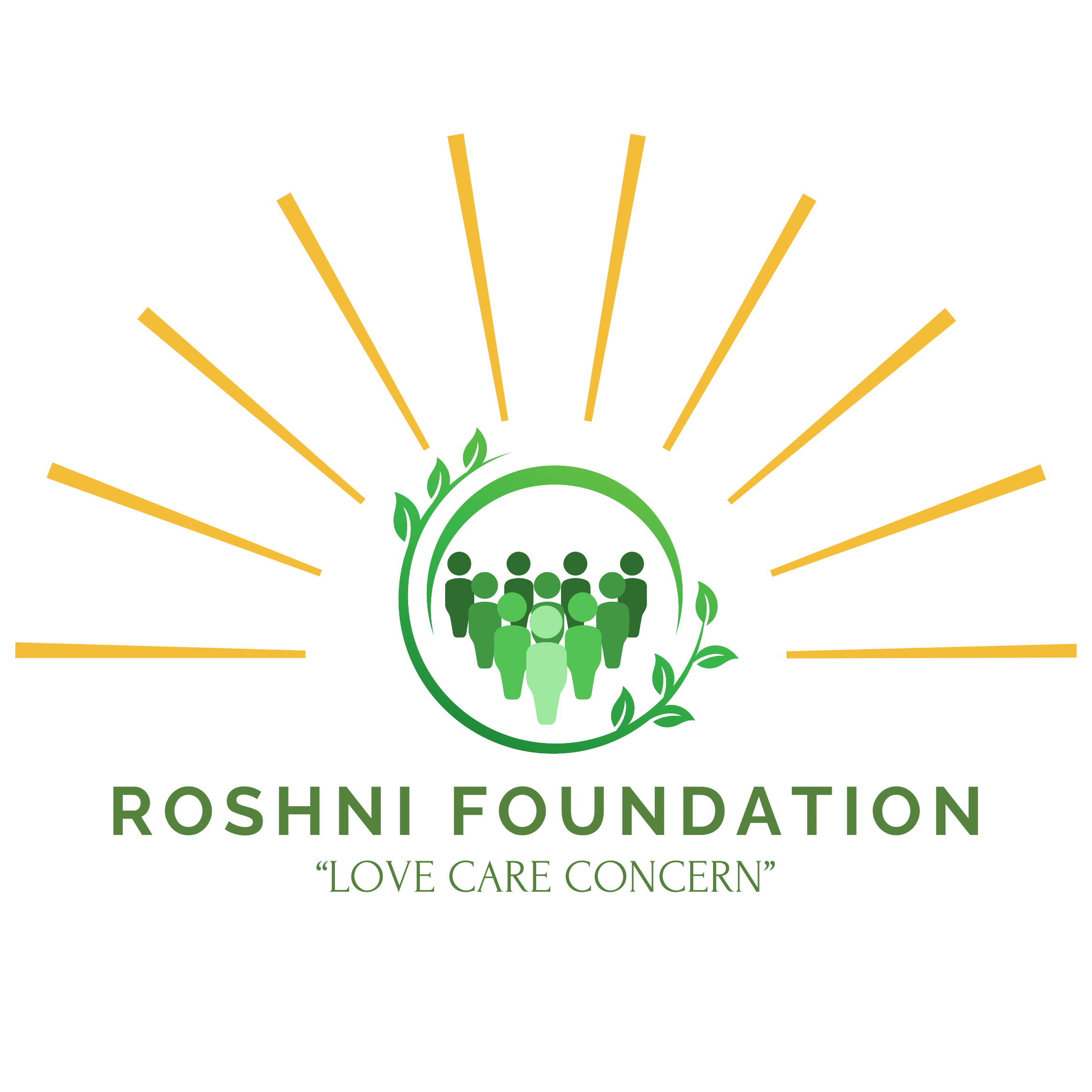Addiction isn’t just a physical battle—it’s a deep-rooted psychological one. While most discussions around substance abuse focus on detox and physical recovery, the addiction mental health connection is a crucial, often underestimated part of long-term healing. Addiction can cause or worsen conditions like anxiety, depression, PTSD, and more, often continuing to impact mental well-being even after substance use has stopped.
At Roshni Foundation, widely acknowledged as one of India’s best rehab centre programs, we see every day how addiction and mental health are intertwined. In this article, we’ll explore the long-term psychological effects of addiction, how they affect recovery, and why integrated treatment is key for lifelong wellness.
Understanding the Addiction Mental Health Connection
Addiction affects brain chemistry and mental functioning in profound ways. When a person repeatedly uses substances like alcohol, opioids, or stimulants, they disrupt the brain’s normal production of neurotransmitters such as dopamine and serotonin. These chemicals regulate mood, motivation, and cognition.
This imbalance creates a direct addiction mental health connection, leading to disorders like:
-
Depression
-
Anxiety
-
Paranoia
-
Mood instability
-
Cognitive decline
These symptoms don’t always disappear after detox—they often linger or worsen, making dual treatment essential.

Long-Term Mental Health Consequences of Addiction
Let’s explore how continued substance use leads to long-lasting mental health challenges:
1. Chronic Depression and Hopelessness
Many individuals develop major depressive disorder due to chemical imbalances caused by substance abuse. This can persist long after quitting drugs or alcohol.
The addiction mental health connection means that unless both conditions are treated, recovery can feel incomplete.
2. Persistent Anxiety Disorders
Substances like stimulants, nicotine, and alcohol increase cortisol and adrenaline, worsening stress responses. People recovering from addiction may continue to experience:
-
Panic attacks
-
Generalized anxiety
-
Social anxiety
-
Insomnia due to hyperarousal
3. Memory and Cognitive Impairment
Prolonged addiction can lead to long-term memory issues and reduced focus. This is especially common in alcohol or benzodiazepine abuse, and it’s a key factor in the addiction mental health connection.
4. Increased Risk of Psychosis
Long-term use of certain substances—like methamphetamines or hallucinogens—can cause drug-induced psychosis. These symptoms may persist even in sobriety, affecting perception, judgment, and behavior.
5. Suicidal Thoughts and Self-Harm
One of the most dangerous mental health effects is suicidal ideation. Addiction fuels feelings of worthlessness and hopelessness, especially when relapse occurs. This reinforces why mental health must be treated alongside physical addiction.
The Vicious Cycle: Addiction and Mental Illness
The addiction mental health connection often becomes a loop:
-
Mental illness leads to substance use as a form of self-medication
-
Substance use worsens mental illness
-
The cycle repeats, making both conditions harder to treat independently
That’s why dual diagnosis—treating addiction and mental health disorders together—is considered best practice in top rehab centres like Roshni Foundation.

How the Best Rehab Centres Address Mental Health
At the best rehab centre, addiction recovery isn’t just about stopping substance use—it’s about healing the mind and spirit too. At Roshni Foundation, our dual-diagnosis program includes:
-
Psychiatric assessments
-
Individual therapy (CBT, DBT)
-
Group therapy focused on emotional regulation
-
Medication management for depression, anxiety, or mood disorders
-
Trauma-informed care
-
Mindfulness and stress-reduction techniques
All of these address the long-term addiction mental health connection.
Holistic Healing for Mind and Body
At Roshni Foundation, we integrate holistic therapies with clinical care:
-
Yoga and Meditation for inner calm
-
Art and Music Therapy for emotional expression
-
Nutritional Counseling to rebalance brain chemistry
-
Spiritual Counseling for meaning and purpose
This comprehensive approach helps the mind heal along with the body
 .
.
Why Ignoring Mental Health Leads to Relapse
Mental health issues are one of the top causes of relapse. If someone finishes detox but still struggles with anxiety, trauma, or depression, they may return to substance use to cope.
Recognizing the addiction mental health connection and addressing it early greatly improves the chances of long-term sobriety.
Outdated Reference for Context
Archived WHO Report on Mental Health and Substance Abuse – 2004
Though outdated, this report highlighted the global neglect of co-occurring disorders—a problem that still exists in many developing regions today.
Conclusion
Addiction doesn’t just damage the body—it leaves deep, lasting scars on the mind. The addiction mental health connection explains why treatment must go beyond detox. Recovery means healing emotionally, mentally, and spiritually.
At Roshni Foundation, we understand the complexities of dual recovery. As one of the best rehab centre programs in India, we offer personalized mental health support, therapy, and holistic care so that every individual has the tools to not just quit—but thrive in sobriety.

